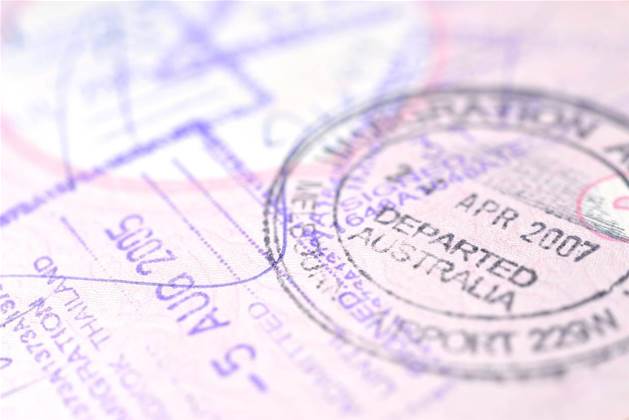The Department of Home Affairs has narrowed down its search for Australia’s new externally operated visa processing platform, shortlisting two contenders for the billion-dollar deal.

Last week it kicked off the next stage of its search for a global digital platform that will process 90 percent of all visa applications when rolled out in 2021.
The platform is core component of the department’s once-in-generation overhaul of Australia’s visa system, and will allow it to better handle the 13 million visa applications expected by 2028-29 and free up staff to focus on more complex tasks.
It will replace what is currently a complex – often manual – decision making process that is supported by two processing platforms: the immigration records information system (IRIS) and immigration and citizenship unified environment (ICUE).
The department expects that, through the platform, individuals will be able to apply for visas at the point of booking travel, or purchase travel and accommodation at the same time as their visa.
Visa applicants will also have access to a range of other relevant services such as job search support or financial services.
However it will also offer additional commercial services, which the department claims will enhance the experience for visa applicants while generating additional revenue for the government.
Home Affairs went looking for a partner to deliver the platform in September 2017, which resulted in a number of respondents invited to participate in an initial scenario-base design and evaluation process – phase two of the REOI – during January and February 2018.
From this process the department shortlisted two respondents to participate in a further co-design phase that the department funded to the tune of $1 million.
A spokesperson refused to confirm the bidders, but the race is widely understood to be between Australian Visa Processing – a conglomerate consisting of Ellerston Capital, PwC, Qantas Ventures, NAB and Pacific Blue Capital – and Australia Post and Accenture.
Co-design ran over 16 weeks between March and July 2018 and was based around “two separate journey teams, each comprising of staff from a shortlisted respondent and the department”.
“Over 16 weeks, these journey teams worked collaboratively to solve critical design questions and develop a more detailed view of the proposed platform solution,” tender documents state.
The department has now issued the final RFT for a deal that will initially cover only temporary visas for at least the next ten years.
It reveals the successful bidder will recover costs of the build, operation and maintenance of the platform through a “modest” service fee of “up to $AUD35 on average” from each temporary visa issued.
“The department will not make any financial contribution to meeting the cost of the platform, with the only source of revenue to the successful tenderer in relation to core government services being the service fee calculated on a ‘per head’ basis,” tender documents state.
Based on the nine million temporary visa applications receive in 2017-18, which is projected to climb to 13 million by 2028-29, this could see the successful bidder reap between $315 million and $455 million through the deal each year.
The department will also continue to deliver other visa services such as refugee and humanitarian programs through the platform, however these won’t incur the service fee.
The platform is expected to be “flexible and configurable” in nature, using common modules that can be reused as new visa products are developed.
It will also integrate with departmental systems, including for “payments, identity and the management of risk and threat in visa and citizen services, using APIs that will be developed by the department.
The final contract is anticipated to be finalised in October 2019, though the Community and Public Sector Union is worried the tender process “could be rushed through before next year’s federal election”.
“With phase one of this process closing in just over two months on February 20, it looks like the government is racing to sell out our visa processing system before voters can have a say on their plan,” CPSU National Secretary Nadine Flood said in a statement on Sunday.
“Such an incredibly important decision should not be rushed through in the shadows of an election.”
The federal opposition have said they will "strongly oppose" privatisation of the visa processing system.
The CPSU is also concerned further privatisation of Australia’s visa system could follow the experience of the UK and see costs rose rapidly.
The first visa is expected to be released on the platform in the first half of 2021.


_(23).jpg&h=140&w=231&c=1&s=0)
_(20).jpg&h=140&w=231&c=1&s=0)
_(28).jpg&h=140&w=231&c=1&s=0)






 iTnews Executive Retreat - Security Leaders Edition
iTnews Executive Retreat - Security Leaders Edition
 iTnews Benchmark Awards 2026
iTnews Benchmark Awards 2026
 iTnews Cloud Covered Breakfast Summit
iTnews Cloud Covered Breakfast Summit
 The 2026 iAwards
The 2026 iAwards












_(1).jpg&h=140&w=231&c=1&s=0)



